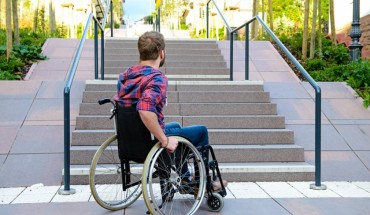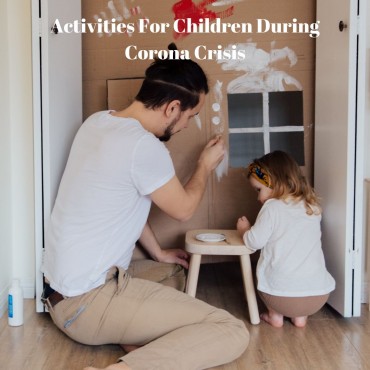If you’ve been healthy all your life and then suddenly become disabled, you may be wondering why this is happening to you. If you can’t seem to get past the fact that you’re now disabled, you may be in denial. Learning how to cope with your disability will have a positive impact on your body, your mind and your outlook on life.
Accept Your Disability
If you’ve recently had an experience or illness that’s left you disabled, it’s not uncommon for you to be going through a multitude of emotions including anger, sadness and grief. You may even be suffering from a deep depression that you can’t seem to claw your way out of. Dwelling on how your life has dramatically changed and what you can no longer do may lead you to feel hopeless and less of a person.
Inside, you are still the person you were before, even if your body is different from what it once was. You must accept your disability and accept who you are at this moment. It’s okay to feel angry and sad, but you have to realize that this is your life now and it’s time to move on.
Discover Ways You Can Help Yourself
Normal daily activities are often a challenge when you have a disability. Use some of your time to figure out how to make these tasks easier for you. There are many products that you can buy to help you with routine chores. If you’re creative, use your mind to invent a tool or gadget to help you get through the day. Visit websites, such as unitedaccess.com, to read about various resources that are available to those who have disabilities.
Focus On Your Health
Eating healthy foods and doing some form of exercise is beneficial for your well-being and your mood. Scientific studies suggest that spending time outdoors has a positive influence on a person’s physical and mental health. Getting plenty of restful sleep every day is also one of the best things that you can do to improve your body and mind.
Do Things That Give You Pleasure
You may not be able to physically do all the activities that you did before your disability, but you can find innovative ways to get involved. Seek out alternative ways to engage your passion, such as writing a book on the subject or being a mentor. You may also want to participate in new hobbies or activities that seem interesting.
Volunteer for an organization in your area to help out others while enjoying interactions with other people. If you’re unable to leave your house, ask if there’s anything that you can do from home to help.
Ask Others For Help When Needed
Due to your disability, you may feel like you’re a burden and you may be reluctant to ask others for help when you need it. Your friends and family are there for you and they do want to help you. Asking for help isn’t a sign of weakness, it’s recognizing and accepting the fact that sometimes we all need assistance from others.
An unexpected disability can really take a toll on a person’s body and mind, but you must accept it and move on. Learning how to cope with your disability may take some time, but it’s totally worth it so you can get back to living.
Image Source: Remosgroup

























































Comments